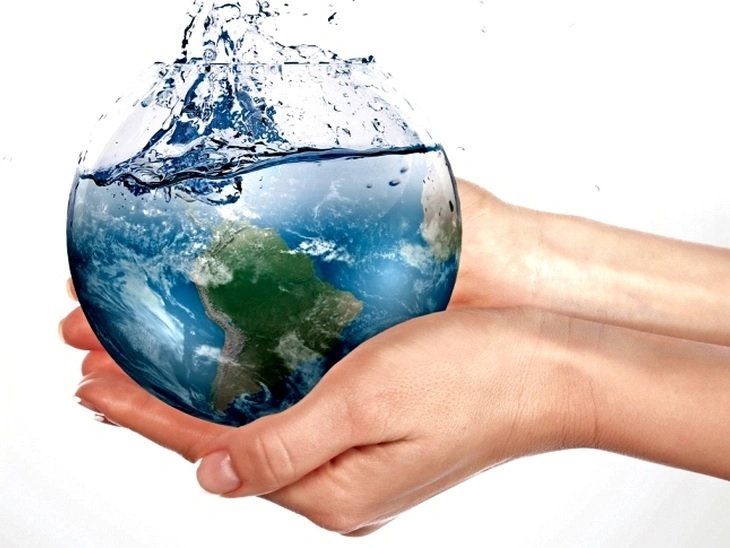
 Financing
Financing
T&B Petroleum/Press Office BNDES

The Brazilian Development Bank (BNDES) and the United Nations Development Programme (UNDP) have formalized an Engagement Facility, a document through which the Bank commits to support the completion stage of ClimateScanner, a tool for monitoring public policies on climate change developed by the International Organization of Supreme Audit Institutions (Intosai), which brings together 195 control bodies worldwide and is currently under the presidency of Brazil, led by the Federal Court of Accounts (TCU).
The Work Plan of the partnership was signed on Monday (6) at BNDES, by the bank's president, Aloizio Mercadante, the UNDP Resident Representative in Brazil, Claudio Providas, and the president of Intosai and TCU, Minister Bruno Dantas. In addition to financial support for the completion of the platform, the document foresees the provision of BNDES technicians specialized in climate resilience financing to participate in the project.
Climate Scanner is a tool that allows a quick assessment by Supreme Audit Institutions (SAIs) of government actions to combat climate change. Its methodology, developed throughout 2023 by an executive group of seventeen SAIs around the world, is organized under three axes: governance, climate financing, and public policies; and at two levels: national and international.
Its common language, which allows for the collection and dissemination of data in a standardized, equal manner for all countries, enables the evaluation of topics such as monitoring mechanisms, risk management, strategies for mitigating the effects of climate change, and climate financing in each nation, compared to others worldwide.
"This agreement is in line with our strategy to combat climate change and finance a just ecological transition, focusing on decarbonization," said BNDES President Aloizio Mercadante. "In addition, participation in the project will provide our technicians with dialogue with the SAIs, allowing for the exchange of knowledge about BNDES activities and potential improvements and challenges in the public financing system," he added.
For Minister Bruno Dantas, president of Intosai and TCU, "the agreement is extremely relevant for the environmental governance of the 195 member countries of the entity and will have a positive impact on combating climate change, an urgent issue on the global agenda." In Dantas' assessment, "the partnership between BNDES and UNDP is essential for our success in one of the main fronts of the Brazilian mandate in Intosai. Now, we will have the necessary conditions for the training of external control institutions on ClimateScanner, a tool that will enable the supervision and management of government climate initiatives."
"This partnership is strategic for the concrete achievement of necessary measures by governments to combat climate change," emphasized UNDP Resident Representative in Brazil, Claudio Providas.
Developed with simple language, user-friendly navigation, and visual resources, the idea is for the platform to reach an expanded audience, including civil society and the international community, in order to communicate to citizens how the results of ClimateScanner assessments translate into impacts on their lives.
In Brazil, the tool will provide the government, UNDP, and society with a diagnosis of the country's main strengths and challenges in relation to the climate crisis, helping to better direct efforts and resources. It will also identify areas where control bodies should conduct more specific and in-depth audits.
"By providing an innovative way to monitor public policies to address climate change, Climate Scanner will give control institutions around the world the conditions to conduct an independent assessment of government actions. For BNDES, TCU has been a relevant partner in improving our internal processes, increasing project efficiency, and monitoring their results. The ClimateScanner initiative will be crucial for the improvement of public policies to combat climate change, and supporting it aligns with BNDES's strategic objectives," explained the bank's legal director, Walter Baère.
Presented in November last year in Dubai, during COP28, the project received support from various international institutions during its development phase, including UNDP, the United Nations Department of Economic and Social Affairs (UNDESA), the World Bank, and the Inter-American Development Bank (IDB). The results of the initiative will be presented during COP29 in November in Azerbaijan.
Contact us